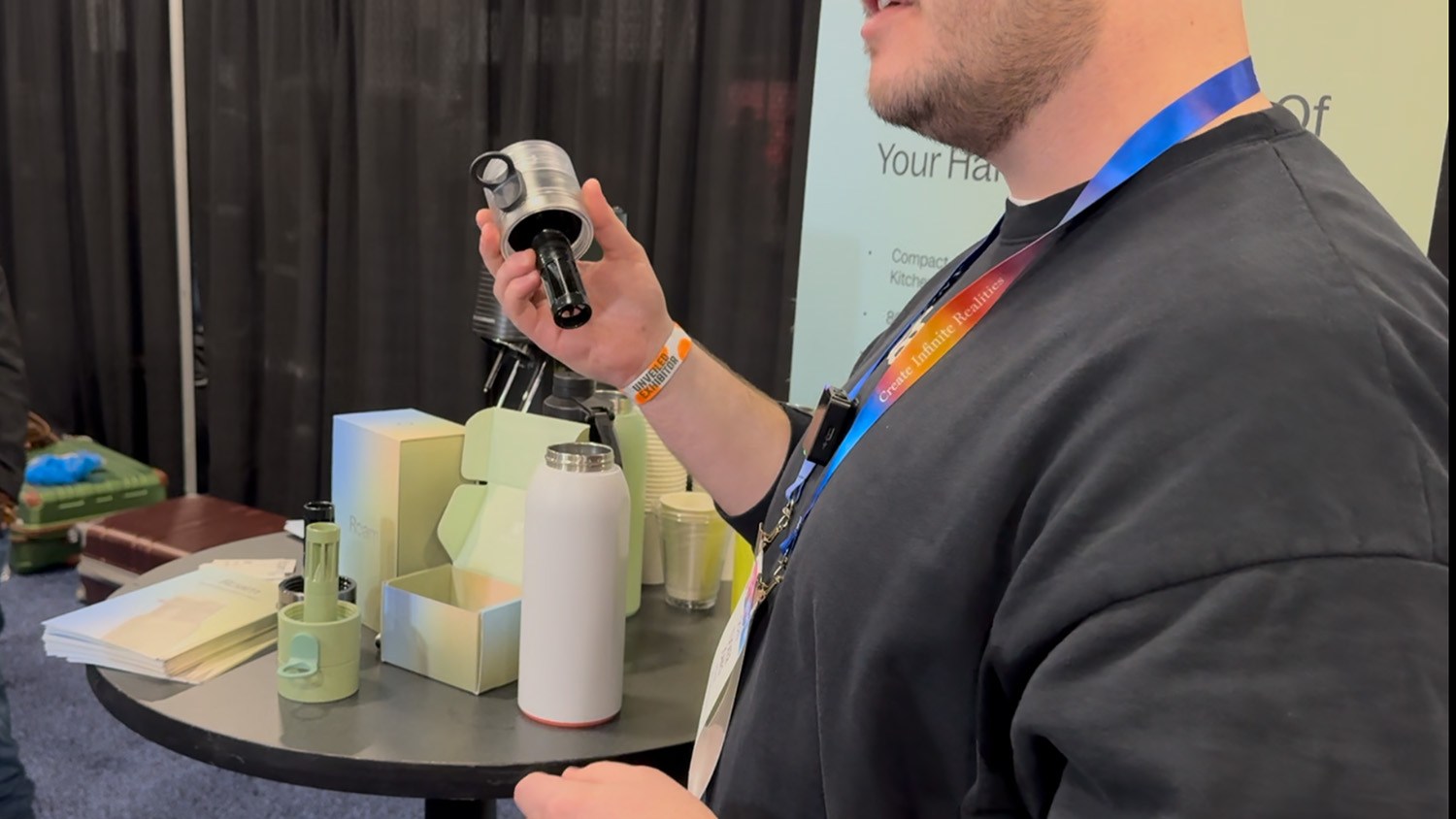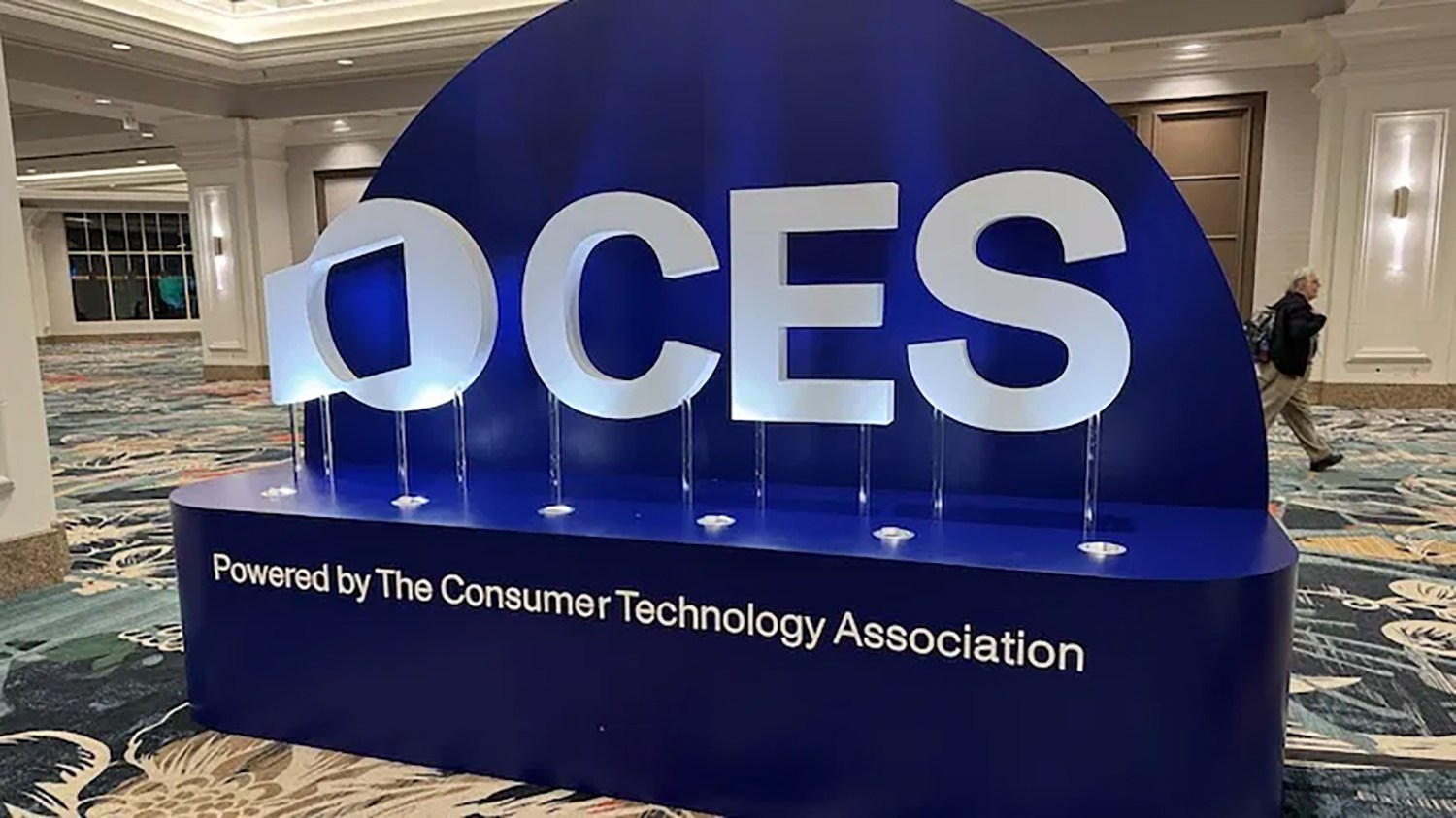RICHMOND, Va. (WRIC) – Gov. Glenn Youngkin signed a new state budget passed by the Virginia General Assembly Monday that leaders say makes record-breaking investments in K-12 public schools and gives pay raises to teachers and state employees.
After being divided on their spending priorities, state Democrats who control both chambers of the legislature and the Republican governor agreed to re-work the state’s spending plan and eventually reached a compromise on a budget deal.
The General Assembly voted to approve budget bills for the current and next spending plans during a special session Monday – 94-6 in the House of Delegates and 39-1 in the state Senate.
Among other investments, the state’s next spending plan includes more than $2 billion in K-12 public education funding and 3% pay raises for teachers and state employees in the next two fiscal years, which starts July 1 and runs until June 30, 2026.
Gov. Youngkin also signed changes to the state’s current spending plan, referred to as the “caboose” budget which runs out when the next fiscal year begins on July 1, that lawmakers passed Monday.
Youngkin and Democrats who led the budget talks framed the compromise deal on the new state budget as a “win” for Virginians, highlighting major investments in public education, behavioral health services, transportation, public safety, and health care.
“This is a big day for Virginia,” Youngkin said Monday surrounded by a bipartisan group of state lawmakers before signing the new budget.
The governor said the compromise between his administration and lawmakers shows Virginians that their elected officials can “come together and deliver” despite being on opposite ends of policy decisions.
“This budget is a testament to our dedication and determination,” Senate Finance and Appropriations Chair L. Louise Lucas (D-Portsmouth), the Senate’s budget leader, said in a statement. “We’ve crafted a budget that truly serves all Virginians, addressing their needs and aspirations.”
Lawmakers and Youngkin praised the cooperative approach both sides took during the new budget talks, but leaders still noted their differences and what each was able to carve out in the compromise.
“The most important thing is that we were able to address and fund all of our priorities,” House Appropriations Chairman Luke Torian (D-Prince William), the Virginia House’s top budget negotiator, said in a statement after the budget passed.
“We prioritized K-12 funding, we prioritized higher education – when the Governor didn’t include anything for higher education,” Del. Torian continued. “The Governor only included a 1% raise for teachers – we included a 3% salary increase for teachers and state employees in the first and the second year.”
House Republican Leader Todd Gilbert (Shenandoah) said in a statement that while the final budget “isn’t what a Republican House of Delegates would have produced,” the plan signed by Youngkin is a “significant improvement” to the one agreed to by lawmakers in March.
“It reflects compromise, with both sides dealing in good faith to meet our most basic responsibility,” Del. Gilbert said about the budget. “Once again, Virginia’s leaders have demonstrated that Richmond is not Washington.”
The final version of the next spending plan didn’t include an expansion of the state’s sales tax to include digital services and goods like streaming services, which was in the conference report passed by the General Assembly in March.
The expansion of the tax, initially proposed by Youngkin but with tax cuts that the administration said would end up with $1 billion in tax decreases, was a sticking point in budget talks as Youngkin expressed strong opposition to the proposal over his concerns that it would raise taxes. Youngkin had vowed not to sign any budget that increases taxes.
“This budget allocates funds to essential functions such as public education and law enforcement, ensuring the safety net we promise to families across the Commonwealth,” Senate Republican Leader Ryan McDougle (R–Hanover) said in a statement. “It is a victory for all Virginians, with no new taxes or increased utility costs, and it signifies compromise and keeping costs low for our Commonwealth.”
The strength of Virginia’s economy, particularly the job market, underpinned the investments in the budget deal, Youngkin said Monday. The state’s March revenue report says, “year-to-date revenues are ahead of projections by $1.06 billion” compared to the forecast assumed in the budget bill and “accounting for monthly variations in tax collections.”
The final deal removed language to make Virginia rejoin the Regional Greenhouse Gas Initiative, a multistate effort aimed at reducing carbon dioxide emissions. A court case is challenging the Youngkin administration’s moves to withdraw from the regional carbon market.
Del. Gilbert commended the decision not to include tax increases or require Virginia to get back into RGGI, which he described as a “failed” effort in his statement Monday.
“All the issues we prioritized in March are still in this budget,” House Speaker Don Scott (D-Portsmouth) said in a statement Monday before Youngkin the spending plans. “This is essentially the same budget that the Governor called ‘backwards’ and now he will be signing it into law.”











































































































